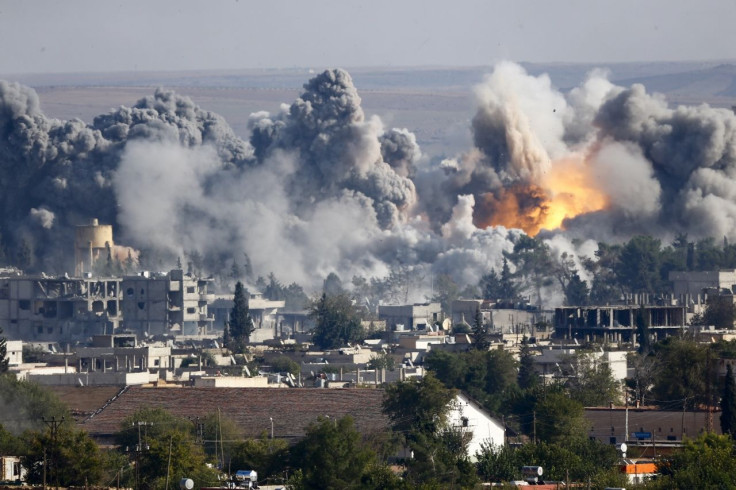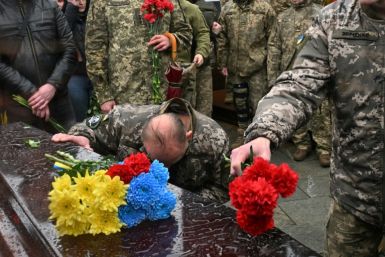Canada Expanded Military Mission Launches First Airstrikes In Syria

Canada has conducted its first airstrike against the extremists ISIS Daesh in Syria under its expanded and extended military mission approved by the Parliament last week. The U.S. Department of Defence said Canada, along with the U.S. and other allies, carried out seven air strikes from Wednesday to Thursday morning.
Four airstrikes, involving bomber, fighter and attack aircraft, were done near Hasakah, striking an ISIS Daesh tactical unit and two vehicles. Destroyed were five ISIS Daesh vehicles and a tank. An airstrike was also launched near Raqqah, striking a military garrison. Two airstrikes near Kobani struck a tactical unit and destroyed two fighting positions.
Canadian airstrikes had been limited only to Iraqi territory under the first mission. Perceiving the ISIS Daesh threat to be uneasily controlled, Prime Minister Stephen Harper lobbied for an extension and expansion of the first mission, named Operation IMPACT, which ended in March. After much debate, the Canadian lawmakers narrowly passed the proposal at the end of March to extend Canada’s military mission against the ISIS Daesh until March 2016, as well as expand the reach of its airstrikes into Syria, apart from Iraq.
Apart from the airstrikes, the extended and expanded second military mission also retained the 69 special forces troops deployed in September to train the Kurds to fight the ISIS Daesh in northern Iraq.
"This first airstrike under the expanded mandate demonstrates our government's firm resolve to tackle the threat of terrorism against Canada and to promote international security and stability," Defence Minister Jason Kenney said in a statement. He said the ISIS Daesh is a "genocidal terrorist organization and we will deny them safe haven in the region."
Canadian military authorities said two CF-18 Hornet fighter planes carried out the first airstrikes in Syria. They used "precision-guided munitions."
Kenny said a total of 10 aircraft conducted the attack, including six from the U.S. The coalition nations conducting the airstrikes in Iraq include the U.S., Australia, Belgium, Canada, Denmark, France, Jordan, the Netherlands and the U.K. Coalition nations conducting airstrikes in Syria include the U.S., Bahrain, Canada, Jordan, Saudi Arabia and the United Arab Emirates.
To report problems or to leave feedback about this article, email: e.misa@ibtimes.com.au.






